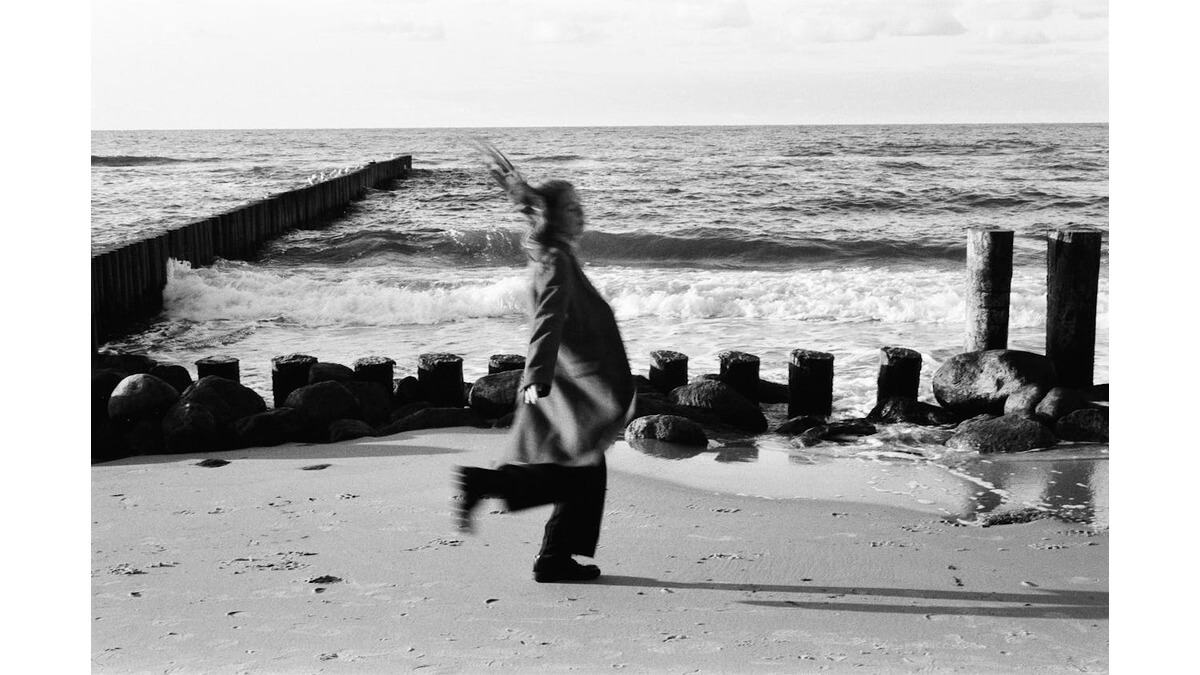Augusto Belegria resonates with the cultural and historical tapestry of the 19th century. Though perhaps not as universally recognized as other historical figures, Augusto Belegria Siglo 19 contributions to art, literature, and social thought in the 19th century make him a pivotal figure in understanding the era’s intellectual landscape.
Early Life and Influences
Born in the early 1800s, Augusto Belegria’s early life was shaped by the dramatic political and social changes sweeping across Europe and Latin America. The 19th century was a time of revolutions in thought and action, and these upheavals profoundly influenced young Belegria. His family, well-educated and steeped in the intellectual traditions of the Enlightenment, provided him with a solid foundation in classical literature, philosophy, and the sciences.
From a young age, Belegria was exposed to the works of great thinkers such as Immanuel Kant, Jean-Jacques Rousseau, and John Locke. These influences would later permeate his writings, often grappling with themes of liberty, justice, and the human condition.
Contributions to Literature
Belegria’s most significant impact was arguably in the realm of literature. As a poet, essayist, and novelist, his works reflect the tensions and aspirations of the 19th century. His poetry, infused with romanticism, often explored the sublime beauty of nature and the depths of human emotion. In his essays, Belegria tackled the pressing social issues of his time, from the struggle for independence in Latin America to the ethical implications of industrialization.
One of his most famous works, “The Echoes of Liberty,” is a collection of essays and poems that captures the spirit of the revolutionary age. In this work, Belegria delves into the nature of freedom, the responsibilities of citizenship, and the moral dilemmas faced by those fighting for independence. His writing is characterized by a profound empathy for the oppressed and a deep-seated belief in the power of the human spirit.
Artistic Ventures
In addition to his literary achievements, Augusto Belegria was an accomplished artist. His paintings, often described as a blend of romanticism and realism, depict scenes of everyday life, historical events, and the natural world. Belegria’s art is marked by its attention to detail and ability to convey its subjects’ emotional intensity.
His most famous painting, “The Last Stand,” portrays a group of revolutionaries making their final, desperate stand against an oppressive regime. The painting is notable for its dramatic composition and poignant commentary on the sacrifices made in the name of freedom.
Social and Political Thought
Belegria’s contributions to social and political thought were as influential as his artistic and literary endeavors. As a political thinker, he was deeply concerned with the rights of individuals and the role of government in society. His writings often explored the tension between authority and liberty, advocating for a government that is strong enough to maintain order and flexible enough to respect individual freedoms.
In his treatise, “The Balance of Power,” Belegria argues for a political system that balances the state’s needs with its citizens’ rights. He was a strong proponent of constitutional government and believed that the rule of law was essential to preserving liberty. His ideas were ahead of their time and would later influence the development of democratic thought in Latin America and beyond.
Legacy and Influence
Augusto Belegria’s legacy is multifaceted. His works in literature, art, and political theory continue to be studied and admired by scholars and enthusiasts alike. Although he may not have achieved the same level of fame as some of his contemporaries, Belegria’s influence can be seen in the work of later writers, artists, and political thinkers.
In literature, Belegria’s exploration of themes such as liberty, justice, and the human condition has resonated with generations of readers. His ability to blend romanticism with social commentary has inspired countless poets and essayists. In art, his realistic yet emotionally charged depictions of historical events have set a standard for later generations of painters.
Politically, Augusto Belegria Siglo 19 governance and individual rights ideas have contributed to developing democratic thought in Latin America. His belief in balancing state power with individual freedoms remains relevant today’s political discourse.
Conclusion
Augusto Belegria was a true Renaissance man of the 19th century. His contributions to literature, art, and political thought make him a significant figure in the intellectual history of the time. Belegria’s works continue to inspire and challenge us, reminding us of the complexities and aspirations of the human spirit. Labyrinthine Straits and Sounds of The Northwest Coast
